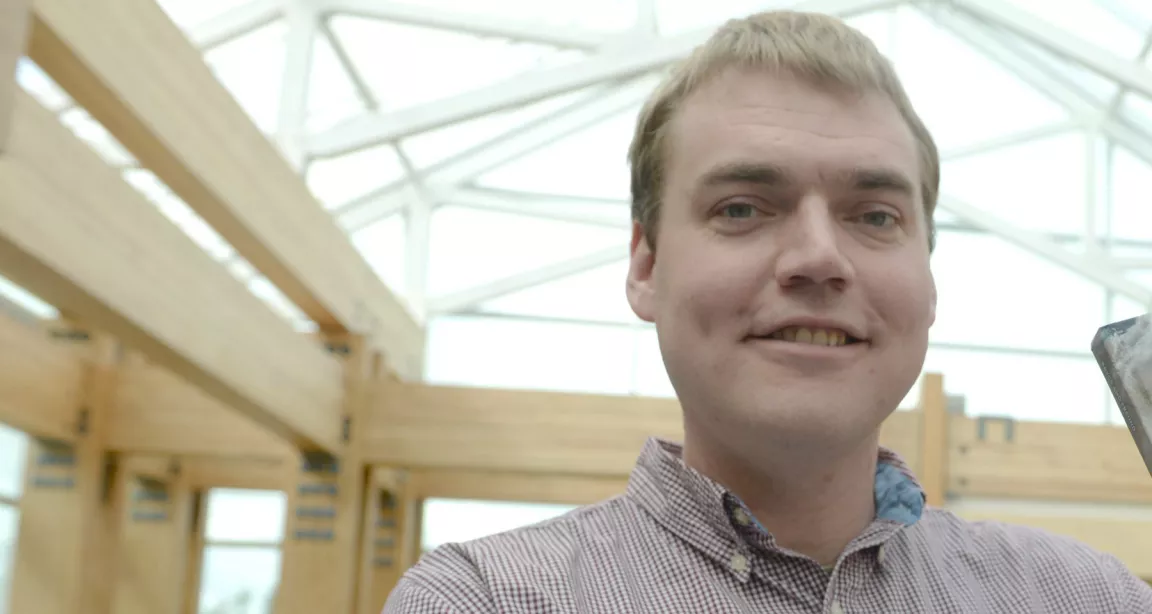Immigrant-run hospitals in Buenos Aires in the 1920s focus of federal research grant

In 1920, seven immigrant-run hospitals formed a fundamental part of the health network of Buenos Aires. The Italian, Spanish, British, German, French, Galician, and Jewish hospitals treated 20 percent of all hospitalized patients in the city.
Through the revenue from paying patients and the large charitable donations solicited by female philanthropists, the wealthy immigrant men and women who ran these hospitals and dozens of other mutual aid societies in the Argentine capital strove to provide free services to working-class immigrants of a common cultural background.
While the self-proclaimed leaders of these ethnic associations narrowly focused on providing social welfare services along ethnic lines and on maintaining their gender and class power within a community, this practice – when repeated across groups in the Argentine capital – had an impact on how other actors such as the state, the Catholic Church, and Spanish-speaking philanthropists involved themselves with social welfare.
UNBC History professor Dr. Benjamin Bryce has received a federal Social Sciences and Humanities Research Council Insights Grant worth $61,666 to examine the role of those immigrant-run hospitals and mutual aid societies in providing healthcare services along ethnic lines in Buenos Aires. The city was one of the fastest growing cities in the Americas in the late 19th and early-20th centuries.
“This study’s approach will find resonance in a number of circles outside the university,” said Dr. Bryce. “Immigration, healthcare, and the welfare state are some of the biggest and most enduring questions of the 20th century for societies across the globe.
“The legacies of the debates over these issues in countries such as Argentina and Canada still resonate, as private and public models of social welfare and health services find vociferous proponents.”
Two Master of Arts students from UNBC will travel with Dr. Bryce on research trips to Buenos Aires over the course of the four-year project from 2016 to 2020.
Students will work for 20 hours per week for two months on the project while they also carry out research for their own MA theses. Dr. Bryce will mentor the students to work with a diverse range of sources and from the perspectives of immigrants, politicians, and health officials in Argentina. In Buenos Aires, student researchers will learn the importance of community engagement. They will discuss history and share their research with members of contemporary ethnic groups.
The research project will lead to a book, journal articles in English and Spanish, mentoring of UNBC Master of Arts students in their own research, several conference papers, public presentations in Canada, Argentina, the United States and Europe and online articles on open-access blogs and forums.
The two MA students will also present some of their findings at national or international conferences such as the annual meeting of the Canadian Association of Latin American and Caribbean Studies and the Latin American Studies Association.
This research is directly funded by SSHRC. The Research Support Fund, a tri-agency initiative of the Social Sciences and Humanities Research Council (SSHRC), the Natural Sciences and Engineering Research Council (NSERC) and the Canadian Institutes of Health Research (CIHR), assists Canadian postsecondary institutions and their affiliated research hospitals and institutes with the expenses associated with managing the research funded by these three federal research granting agencies.
Above: History professor Dr. Benjamin Bryce's research project will span four years.